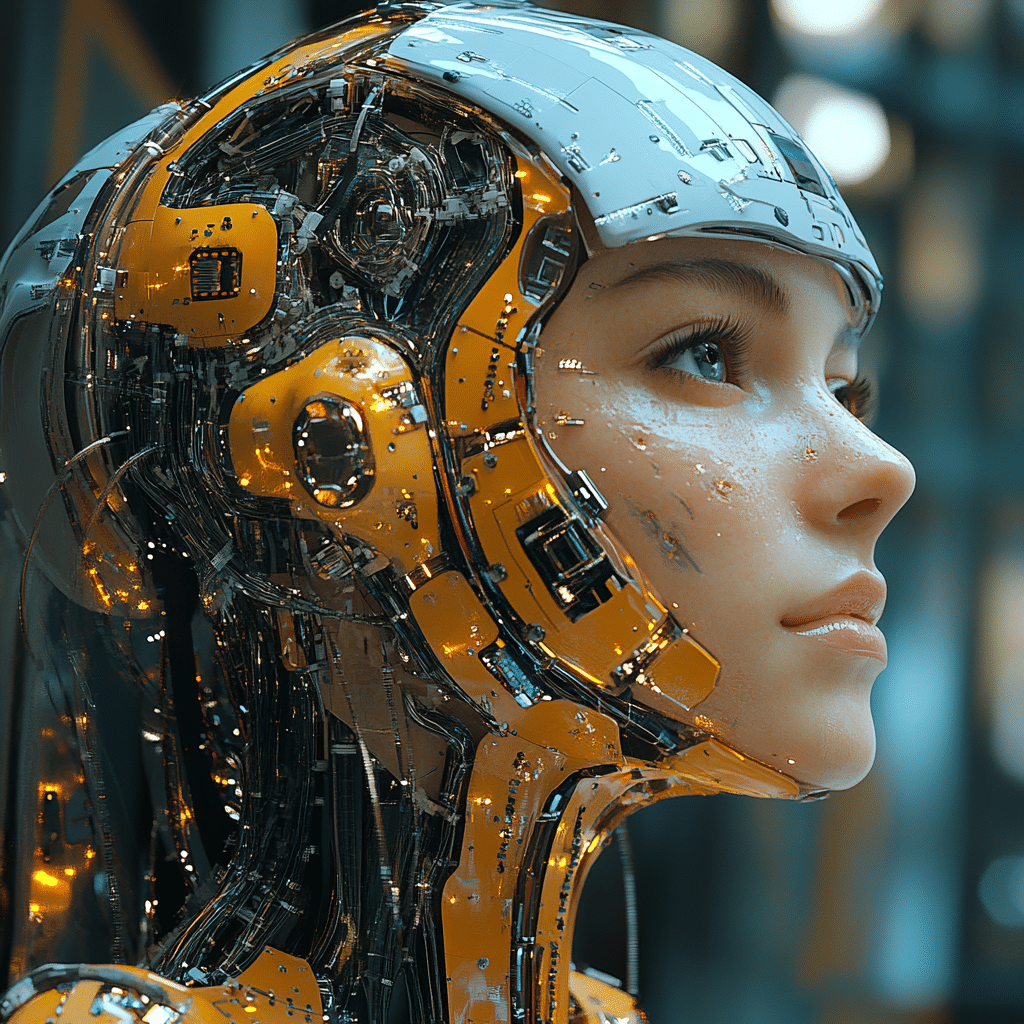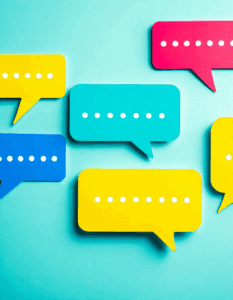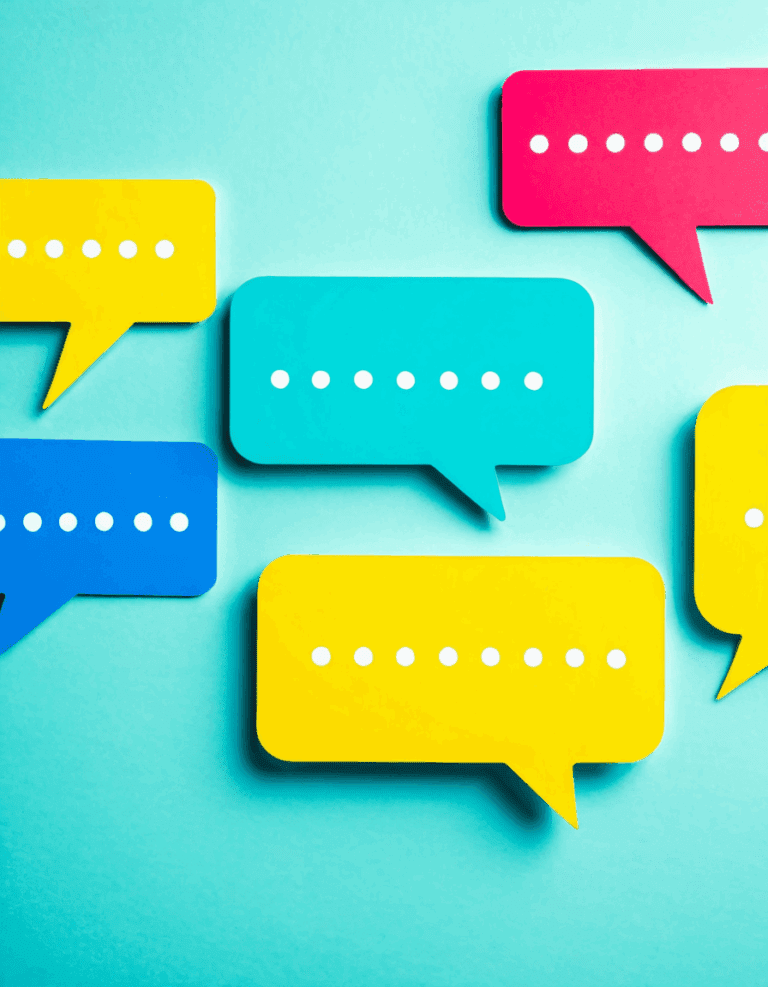Artificial Intelligence (AI) is not just a buzzword floating around in tech circles; it’s a dynamic force reshaping our everyday lives. So, what is AI? At its core, AI refers to machines imitating human intelligence, enabling them to think, learn, and perform tasks that typically require human skills. This fascinating realm includes technologies like machine learning, natural language processing, and even robotics. As we step into the vibrant era of 2024, understanding AI isn’t just pivotal; it becomes essential for navigating our increasingly digital landscape.
The world has embraced AI’s potential, and its influence is felt in many sectors, from healthcare to finance. As a talent agency for speakers, TCAA recognizes the value of blending persuasive messaging with AI insights. So, whether you’re looking to hire a captivating speaker or dive deeper into the AI conversation, you’re in the right place. Let’s explore the 7 key ways AI transforms our world today.
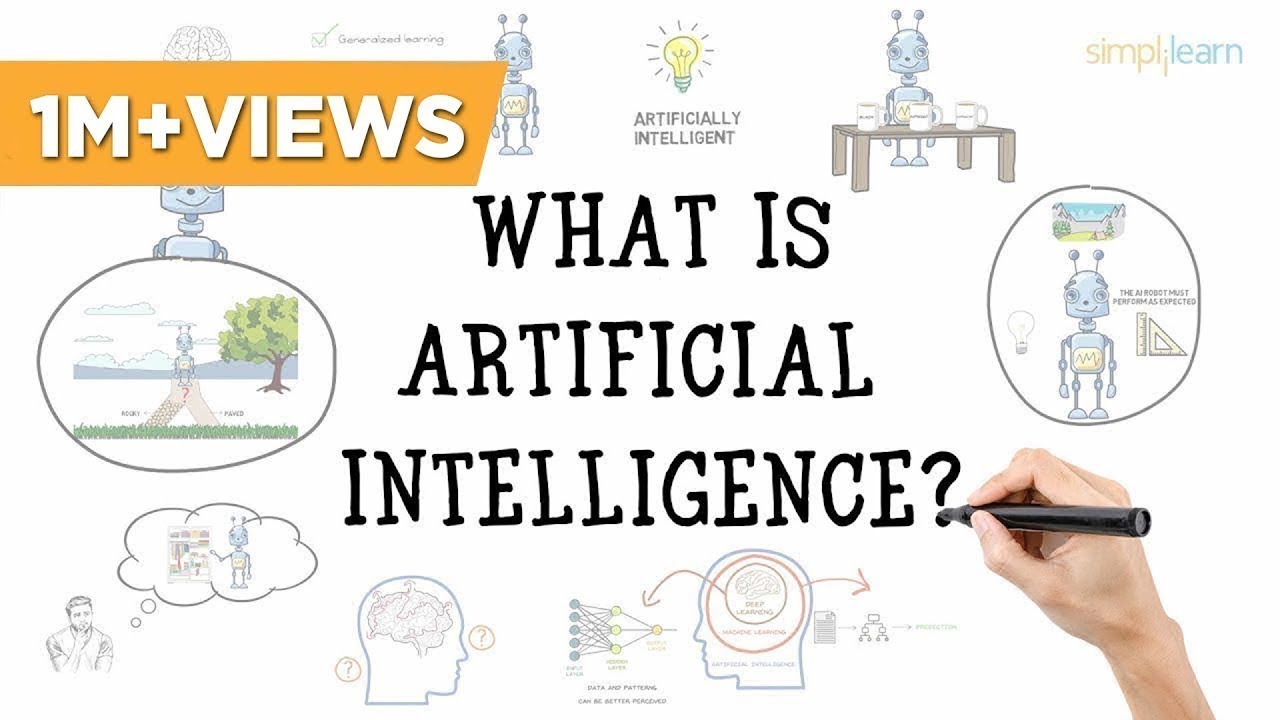
7 Key Ways AI Transforms Our World Today
1. Personalized Customer Experiences
Ever watched a Netflix show that felt tailor-made just for you? That’s AI working its magic! Companies like Netflix and Spotify are perfect examples of how AI analyzes user behavior. By understanding what you watch or listen to, these platforms recommend content suited to your tastes. This tailored experience heightens engagement, keeps customers satisfied, and supercharges sales—creating a continuous cycle of growth.
2. Healthcare Innovations
In healthcare, AI is nothing short of revolutionary. Tools like IBM Watson analyze massive datasets to provide precise diagnostics and tailored treatment options. Imagine walking into a doctor’s office where the physician has AI-powered insights ready for your visit; that’s where we’re headed. This technology not only enhances patient outcomes but also optimizes resource allocation across healthcare settings.
3. Autonomous Vehicles
Companies like Tesla and Waymo are pushing boundaries with autonomous vehicles. These cars rely heavily on AI to navigate through city streets and real-time traffic. While this shift promises improved safety and accessibility, it raises critical discussions around regulations and ethics. As we work towards these innovations, it’s essential to tread carefully and consider the broader implications.
4. Enhanced Business Intelligence
In the fast-paced business world, knowledge is power. Firms such as Salesforce utilize AI-driven analytics to gain profound insights into customer behaviors and market trends. By harnessing these AI tools, businesses can make more informed decisions that keep them competitive. It’s all about using data to power the next wave of innovation.
5. Smart Home Devices
Ever talked to your Google Nest or Amazon Echo? These AI-powered devices allow you to control your home environment effortlessly. They adapt to your preferences over time, making your living space more comfortable and energy-efficient. Who would’ve thought a device could make your day-to-day life so much simpler?
6. Advanced Financial Services
AI is reshaping the financial sector, helping companies like Mastercard implement machine learning algorithms that detect fraudulent activities in real-time. This not only boosts consumer confidence but also safeguards financial institutions from losses. What does that mean for you? An enhanced sense of security when handling your finances is just the beginning.
7. AI in Education
The classroom is evolving as well. Platforms like Khan Academy employ AI to analyze student performance and offer personalized learning pathways. This means learners can progress at their own pace, ensuring that education becomes more inclusive and accessible. It’s a beautiful transformation that empowers the next generation.
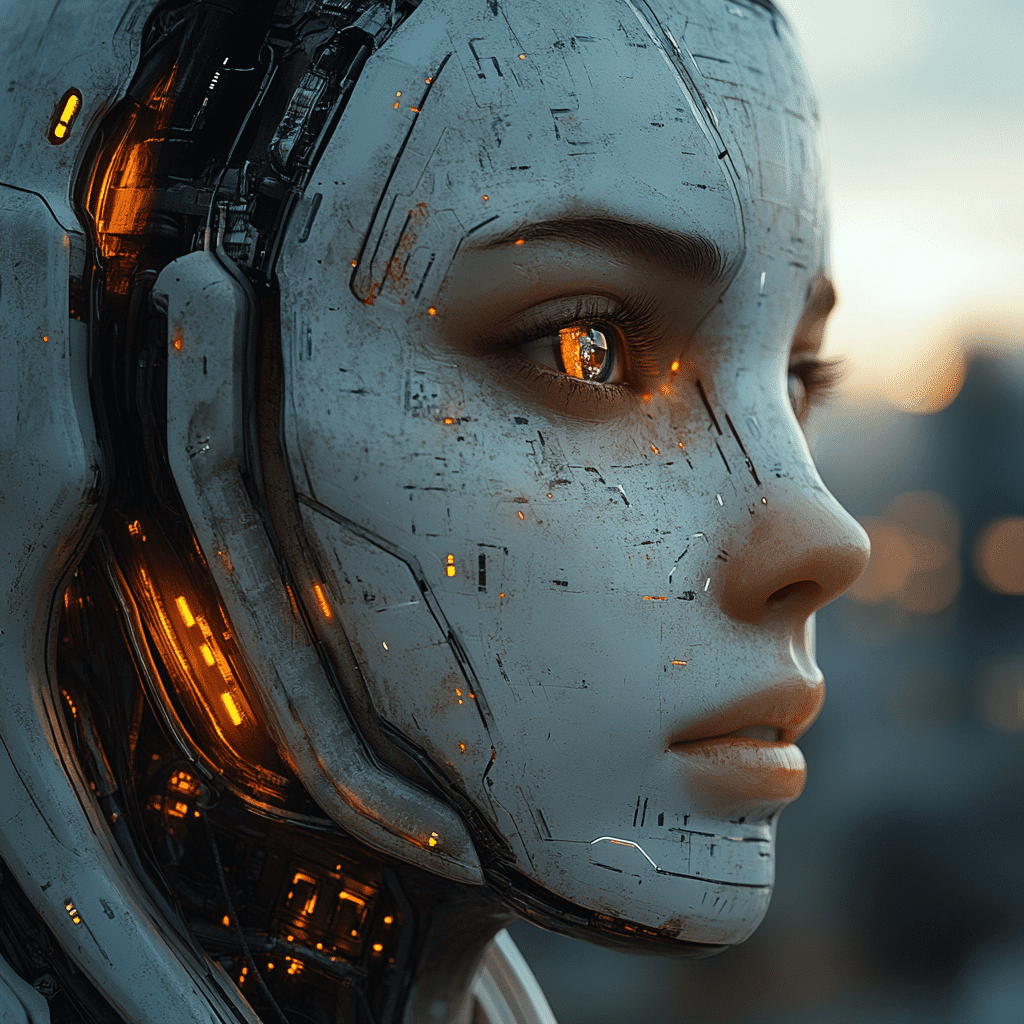
What Does AI Mean for Employment and Innovation?
As AI technologies continue to infiltrate various sectors, the conversation around employment implications looms large. While there’s a fear that automation could lead to job loss, many experts, including those at TCAA, assert that AI will create new roles we can’t yet envision. Embracing opportunities through upskilling and lifelong learning can springboard individuals into success.
Innovation fueled by AI is also transforming entrepreneurship. Startups leveraging AI tools can streamline resources and expedite product launches, challenging existing business paradigms. Companies like OpenAI are exploring large language models that revolutionize content creation, enabling dynamic interpretations of data and ideas.
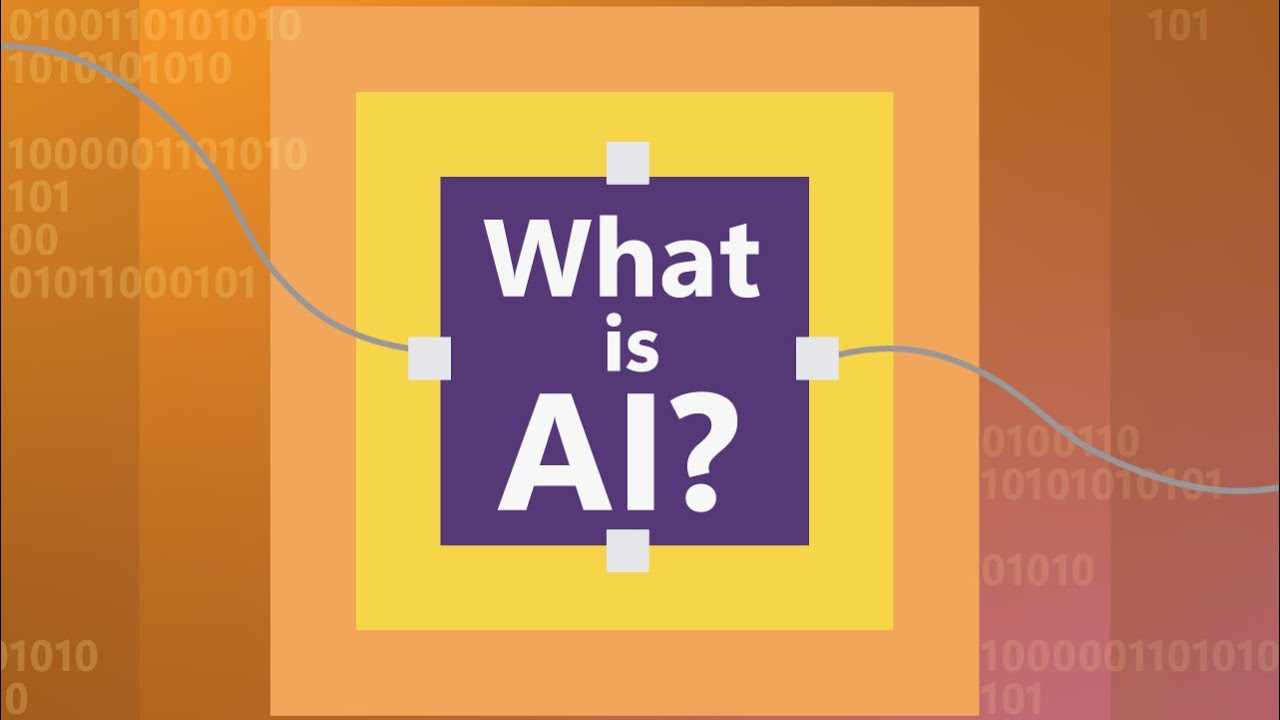
The Ethical Implications of AI
With great power comes great responsibility. AI brings forth important questions around ethics, including issues of bias and accountability. For example, facial recognition technologies have sparked debate over racial prejudice and misuse by authorities. Organizations like the Partnership on AI are committed to building ethical frameworks for the future of AI development.
Additionally, as AI systems increasingly autonomously make decisions, who’s accountable for errors? These discussions are critical in shaping future policies, and it’s vital that we approach AI with a sense of caution and transparency.
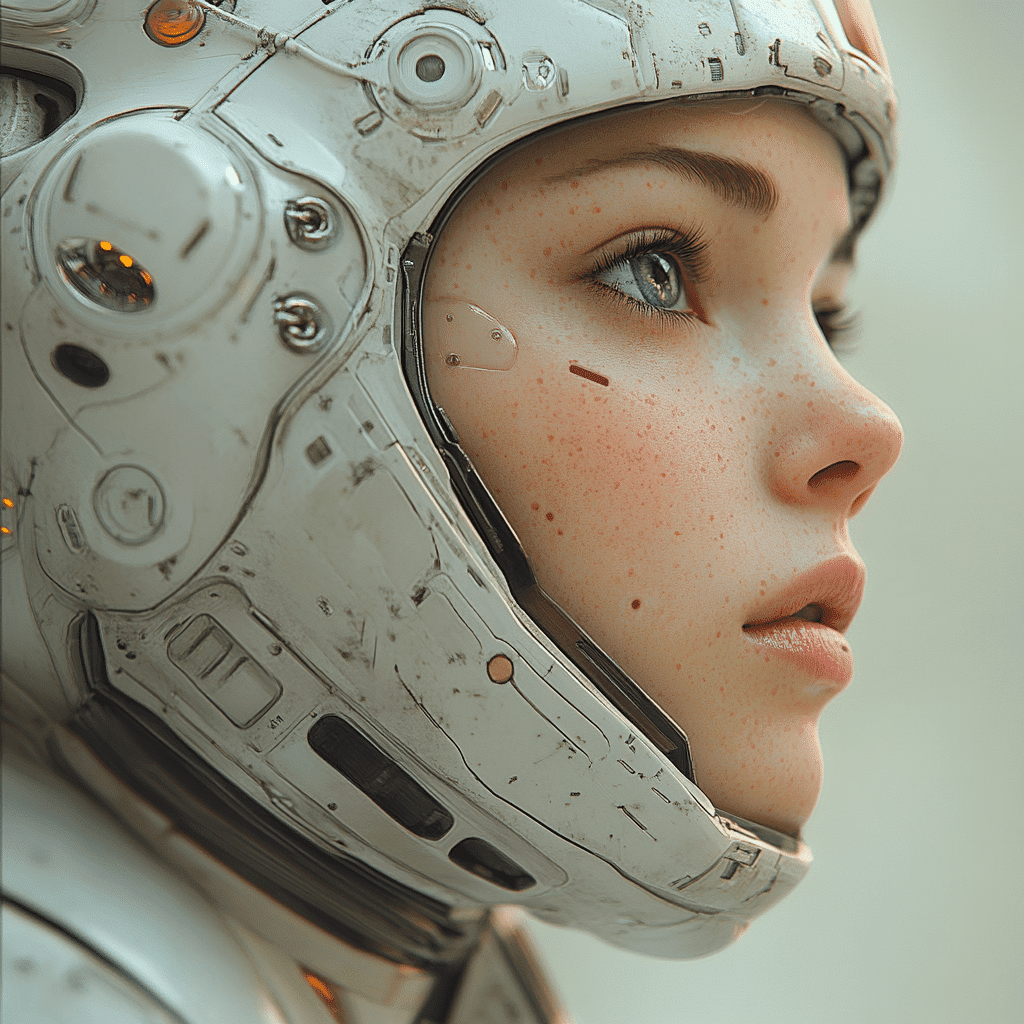
Wrapping Up the Impact of AI on Our World
We’ve only scratched the surface of AI’s capabilities, which permeate every aspect of human life. From our technology interactions to how industries function, the transformation brought by AI is profound. As we venture into 2024, embracing challenges and opportunities presented by AI is crucial.
What does it all boil down to? It’s about collaboration—stakeholders across various sectors need to work together to harness this powerful tool ethically and responsibly. By doing so, we can pave the way for a prosperous future that serves everyone. If you’re interested in delving deeper into AI and related topics, explore more on our website. You might find insights that resonate, whether you’re a speaker or someone seeking talent for your next event.
Let’s build a better world with AI! 🌍 Who’s ready to take the leap?
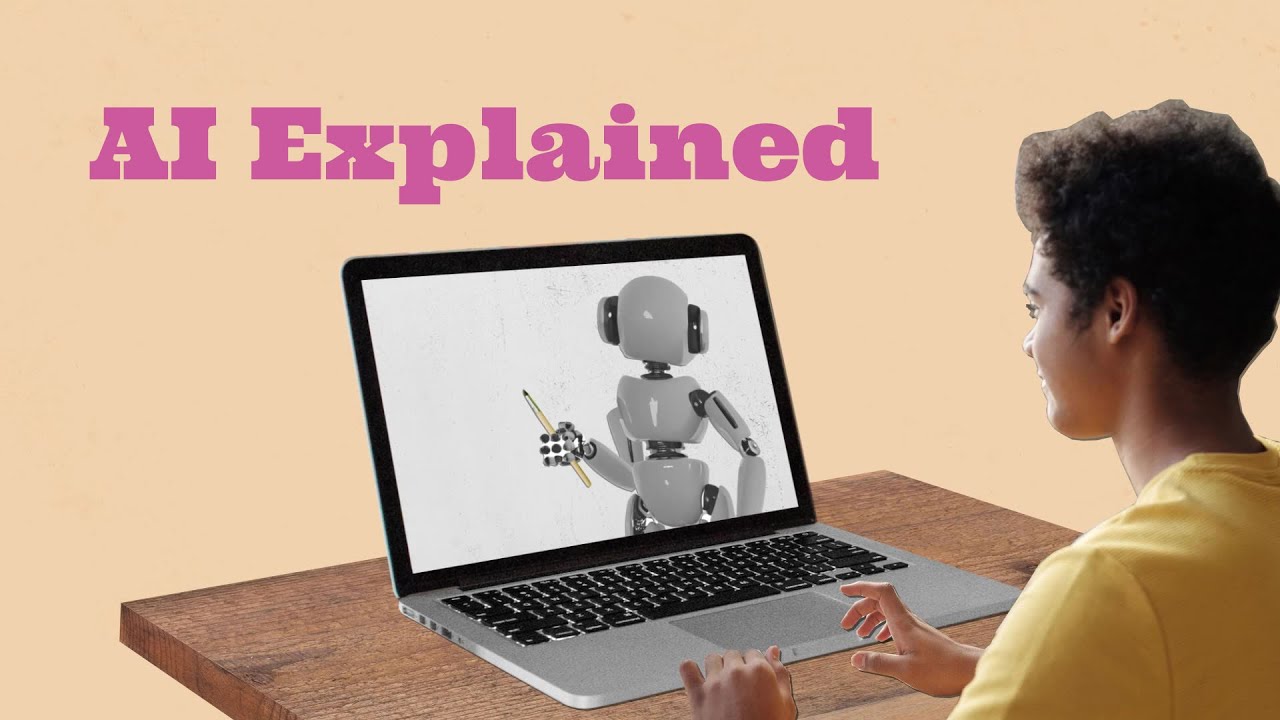
What Is AI: Engaging Fun Trivia and Interesting Facts
Artificial Intelligence, or AI for short, is the buzzword on everyone’s lips today. But what is AI, really? Well, it’s a branch of computer science that aims to create systems capable of performing tasks that usually require human intelligence. This includes recognizing speech, making decisions, and even visual perception. Interestingly, the concept isn’t new! The term “artificial intelligence” was first coined back in 1956 during a conference at Dartmouth College. So, if you ever thought about how many Weeks in a year are packed with innovations, it certainly feels like 52 when considering AI’s progress!
You might find it surprising that AI has already permeated various sectors, from healthcare to finance. You know how those personalized ads keep popping up when you’re on social media? Yup, that’s AI in action! Speaking of finances, if you’ve ever pondered How much Does it cost To start an Llc, AI tools can help streamline that process, making things more efficient. On top of that, tools like Chatgpt free version are revolutionizing the way we interact with technology. They allow users to engage naturally and intuitively, all thanks to advancements in natural language processing.
And here’s a quirky tidbit: did you ever think about how AI influences entertainment? Just like movies featuring icons like Yvonne de carlo and Haywood Nelson, modern AI can create scripts, enhance graphics, and even shape performances. Imagine having a digital assistant that could craft a screenplay while sporting a cozy fox Hoodie! This unique interplay between creativity and technology proves that AI is transforming entertainment in unbelievable ways.
In a nutshell, what is AI? It’s more than just algorithms and data; it’s the intelligent backbone of our contemporary lives, simplifying tasks and offering tools like Excel spreadsheets and even platforms like Teams online. As we continue to dive into this fascinating subject, let’s keep exploring how AI is reshaping our experiences and futures!
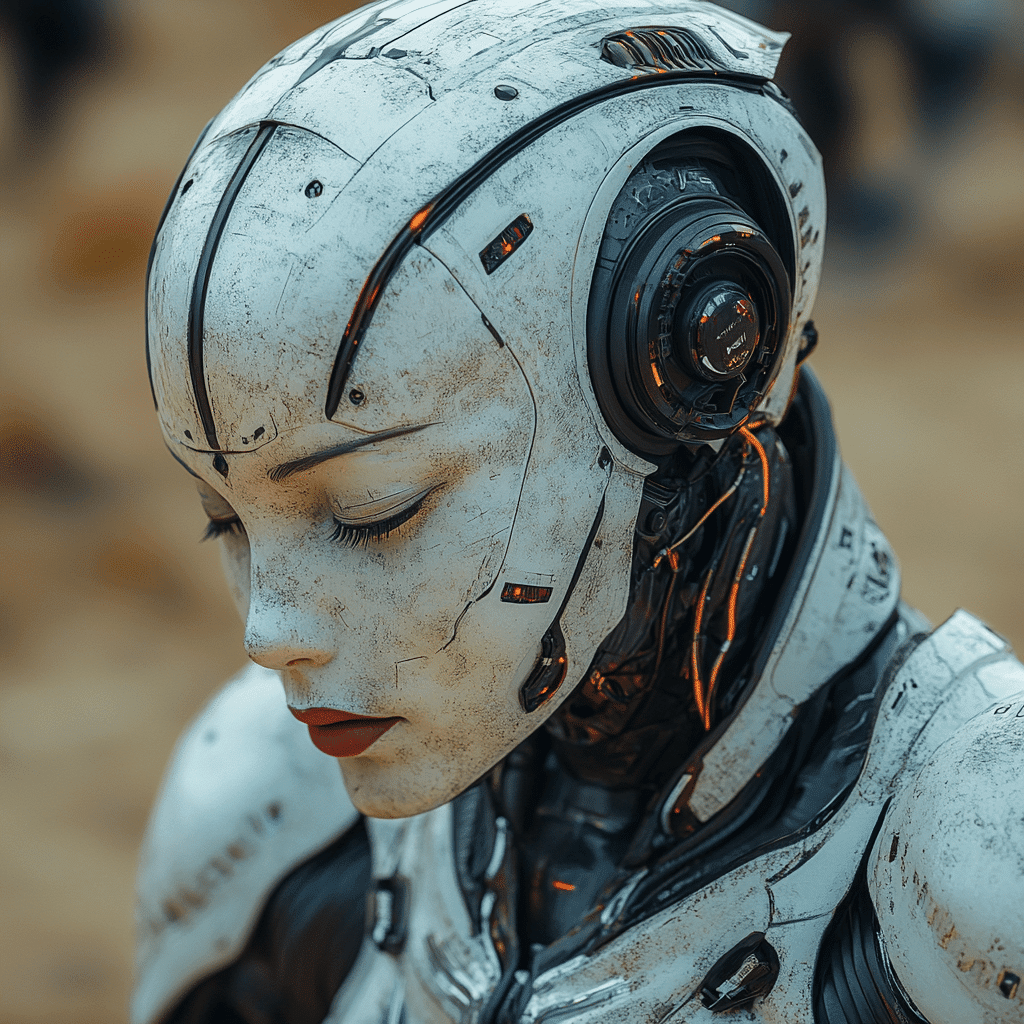
What is AI in simple words?
AI is basically a bunch of tech that lets computers do some pretty smart things, like understanding languages or analyzing data, kind of like how we think and learn.
What exactly does AI do?
AI can tackle all sorts of tasks that humans normally do, like recognizing speech, translating languages, or even making decisions based on the info it gathers.
Is AI good or bad?
AI isn’t good or bad by itself; it all comes down to how people put it to use. It can be a helpful tool or something harmful, so we should be careful and responsible with it.
What is AI for beginners?
For beginners, AI is all about technology that helps computers perform tasks usually done by people, like processing images or engaging in conversations.
Can I use AI for free?
Yes, some AI tools are available for free! There are various platforms you can check out without spending a dime.
How to use Google AI?
To use Google AI, you can access tools like Google Assistant or try out their various AI features in other apps by simply speaking or typing your requests.
Is Siri an AI?
Yes, Siri is an example of AI; it’s an intelligent voice assistant that helps users by understanding and responding to their questions or commands.
What can AI do that humans cannot?
AI can analyze massive volumes of data and find patterns faster than humans can, which is something we can’t do as efficiently.
Is AI just guessing?
While AI can make predictions based on data, it’s not really just guessing; it uses complex algorithms to inform its conclusions.
What are 3 dangers of AI?
Three dangers of AI include job displacement, privacy concerns, and ethical issues related to decision-making processes.
Could AI take over the world?
It’s a hot topic whether AI could take over the world; while it can do a lot, it really depends on how we regulate and control it.
What jobs will AI replace?
AI might replace some jobs, especially routine tasks or roles that require data processing, but it can also create new job opportunities in tech and support roles.
How do I use AI?
Using AI usually involves accessing it via apps or websites where you can enter data or commands to see how it works or to get help.
Can I self learn AI?
Yes, you can teach yourself AI! There are plenty of online courses, tutorials, and resources available for all kinds of learners.
Can you explain AI in simple terms?
Simply put, AI helps computers perform tasks like humans do, using technology that mimics our thought processes.
How do you explain AI in layman terms?
To explain AI to a layperson, just say it’s when machines are designed to think and act like people, helping us with various tasks.
How do you explain AI to a child?
When talking to a child, you might say AI is like a smart robot or computer that can learn things and help us with tasks, just like a friend would.
Can I use Google AI for free?
Yes, you can use Google AI tools for free, like Google Assistant, by just using the app on your phone or computer.
What is an example of AI?
An example of AI is Netflix’s recommendation system, which suggests movies and shows you might like based on what you’ve watched before.


